
His previous eight albums included his own compositions in addition to Latin and Jazz classics. “Since 2002”, Carlos states, “I have been performing steadily in a wide range of wonderful venues, festivals and theaters in New York and throughout the country.” His first Jazz recording was released in 2004, an album that featured Carlos’ mentor, Hilton Ruiz.
Featured on Woods are the marvelous Hector Martignon on piano, the powerful and poised Ruben Rodriguez on bass, and the formidable Vince Cherico—well-respected and oft-recorded, one and all. This is a line-up to impress. In addition, the songs are original compositions and all of Carlos’ inimitable arrangements, 10 songs in all, from Blues to Brasilian to Swing to Bebop and beyond. This is the stuff we love.
The album is kicked off with You’re the Best Pops, a Carlos original. From the start, the band proves why they are the ones chosen to be on this album. The straight-up Jazz piece is highlighted by Carlos’ brilliant flute work. The trills are tucked inside the melodic lines and the rhythm section is on fire. This is how to open an album.
Wheelbarrow Blues follows with cool piano and charming flute. This is an original composed by Carlos. It is bent to his own style and virtuosity. The song is a remarkable turnout for Carlos and the fellas. That charm and wistfulness is even more evident on the Carlos original, Eyes Over Dawn. This is an extraordinary vehicle for Carlos’ sparkling flute and the warmth of Martignon’s piano. Cherico’s brushwork is certainly worthy of close attention.
If you were waiting for some exciting bass from Ruben Rodriguez, Dreams of Brazil is what you were waiting to hear. Ruben opens with smoking bass lines that grab your attention. Flute, piano, and drums join in to ramp up this Brasilian beauty. You have to love the flute and piano pairing in Carlos’ construction of the song. Rodriguez and Cherico keep it driving hard. This is a winner.
Woods, the title track, is a beauty with its sweet flute and straight on beat from Cherico. Carlos and Hector work the piece over marvelously. The same goes for the Carlos original, Snuggle & Cuddle. It is a lovely and warm piece that is almost a Jazz lullaby. The melody moves from sweet ballad to almost melancholic blues.
Not That Far Away opens with swells and textures that are positively captivating. Everyone is spot on and so focused in their presentation of this lovely melody. The gentle rainfall closes out the track wonderfully. The tempo picks up with Bamboo Path. It is lively and bright and evocative of a warm walk in the bamboo woods. Carlos’ flute is magical, if not majestic, in the opening parts and Hector Martignon matches him with the piano which turns on the drive before surrendering back to Carlos. The rhythm section is as determined as you could ever hope to hear. A brilliant work.
Smoketacular puts the spotlight squarely on Cherico with a swinging introduction and excellent drum work throughout the piece. Cherico reminds of some of Elvin Jones’ cool work back in the day. Cherico plays melodically, a perfect complement to flute and piano. “Smoketacular” indeed.
The album closes with Outside in the Rain. It is a wonderful piece of music with excellent arrangement to highlight the four artists. Carlos’ throaty flute plays off so well against bass and drums before Martignon unleashes a Rachmaninoff piano bit. This is fabulous Jazz.
Carlos Jimenez’s Woods is an album deserving of rapt attention. It swings, it bops, it charms, it thrills. This is one to be placed on the permanent play section of anyone’s collection.
~Travis Rogers, Jr. is The Jazz Owl

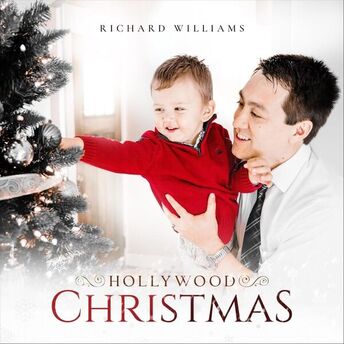
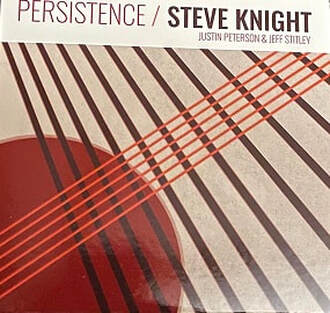
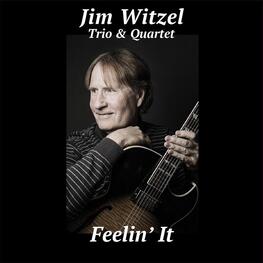
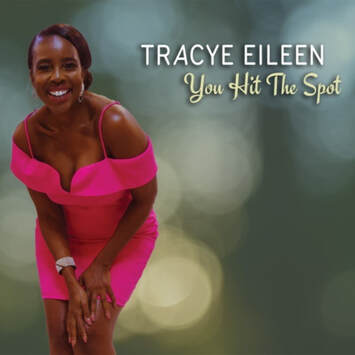
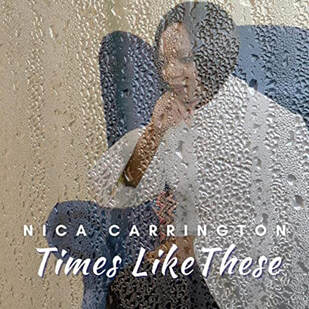
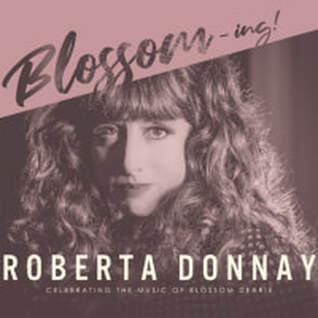
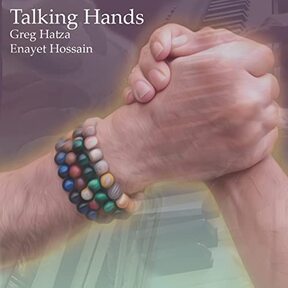
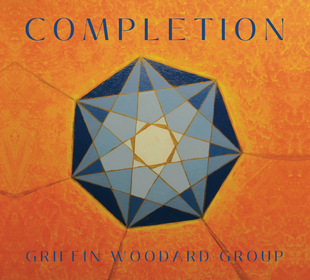
 RSS Feed
RSS Feed
